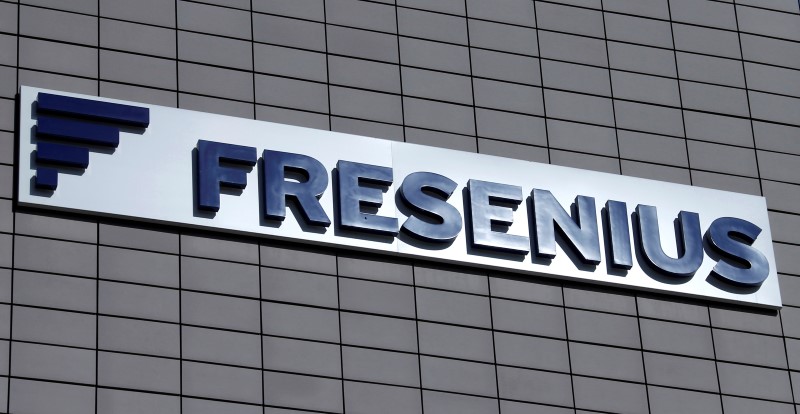FRANKFURT (Reuters) - German healthcare group Fresenius (DE:FREG) said on Monday it was buying Spain's biggest private hospital chain, Quironsalud, for 5.76 billion euros ($6.42 billion) including assumed debt, cementing its position as Europe's largest private-sector hospital operator.
Quironsalud, created by the merger of IDC Salud and Grupo Hospitalario Quiron in 2014, expects sales of about 2.5 billion euros in 2016, which will add to the roughly 5.8 billion in projected sales at Fresenius's existing Germany-based hospitals business Helios.
The new boss of Fresenius Stephan Sturm, who in his previous job as head of finance worked on several takeover deals for the diversified healthcare group, signalled last month that large transactions would remain his hallmark.
The German group, with businesses ranging from kidney dialysis and tube feeding equipment to running hospitals, has a history of large takeovers, leaning mainly on debt from lenders who value the group's steady earnings stream that is largely immune to the overall business cycle.
Quironsalud, which runs hospitals and outpatient centres in cities such as Madrid and Barcelona, is being sold by buyout firm CVC Capital Partners and by members of the group's management board.
Fresenius will issue 400 million euros worth of new shares to Quironsalud CEO and founder Victor Madera, who will remain in charge of the business and also play a role in the combined group. The remainder of the takeover price will be debt-financed, Fresenius said in a statement.
Sources told Reuters in June that Fresenius placed a bid for U.S. drugmaker Pfizer's (N:PFE) infusion pumps business in a possible deal worth close to $1.5 billion but no agreement has emerged.
It acquired injectable generic drugs maker APP for $3.7 billion in 2008, and in recent years 3 billion euros worth of hospitals from Rhoen Klinikum (DE:RHKG) and blood collection equipment company Fenwal for more than $1 billion.
Over the medium-term, the deal in Spain is expected to lead to pre-tax synergies of approximately 50 million euros per year without meaningful implementation expenses, Fresenius said, adding that the transaction would top up earnings per share considerably in 2017.
